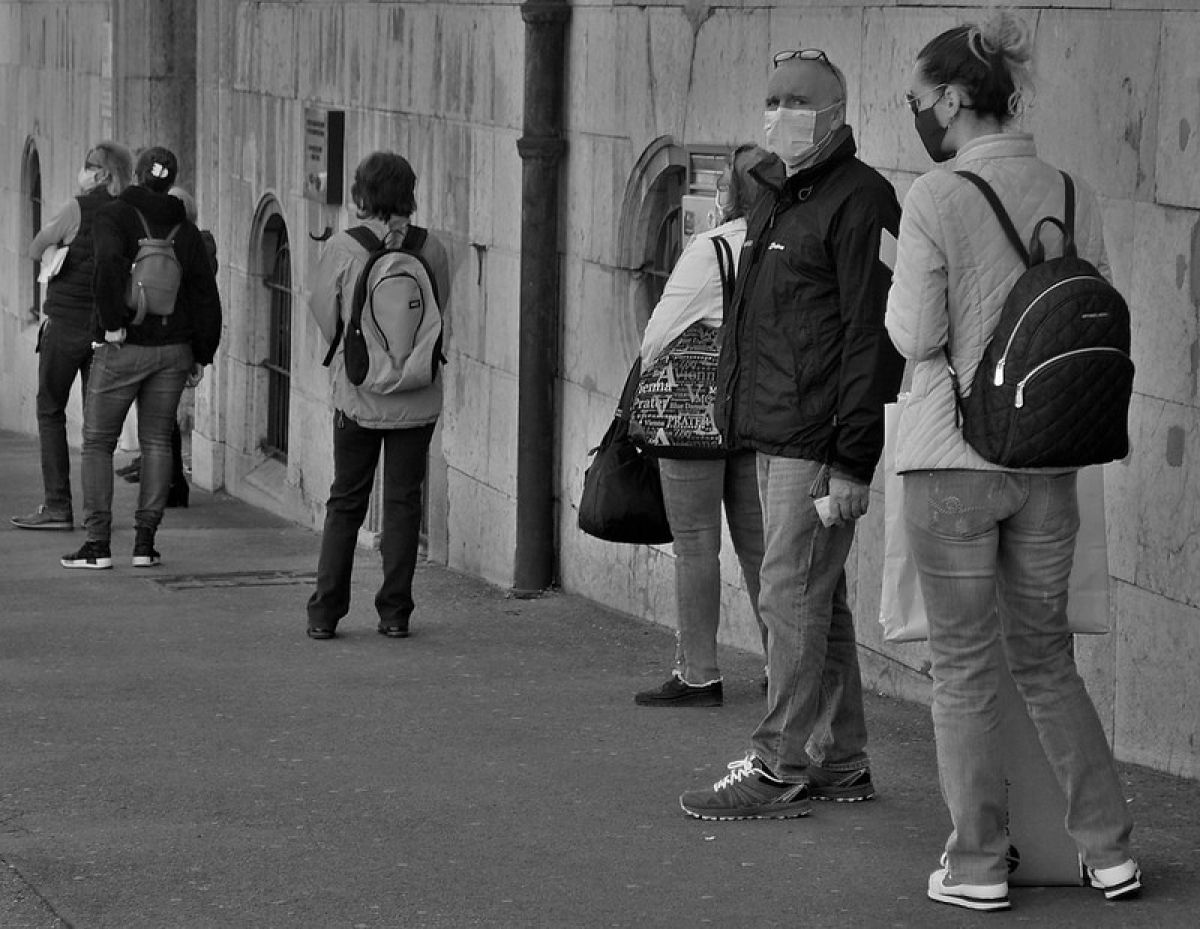Immunocompromised students and the end of Covid-19 regulations in England: Is it safe?

After almost two years of pandemic, Prime Minister Boris Johnson has announced that from February 24, all Covid-19 regulations would come to an end in England. That is, the end of face masks, distancing rules, travel regulations for British citizens, and most importantly the end of compulsory isolation when contracting the virus.
For the very first time during the epidemic, people in England are therefore allowed, even if they catch Covid, to go to work, to university, to shop, and to practice their daily activities. Free mass testing will also come to an end later this year, on April 1 and will only remain available for ‘at-risk’ citizens.
These decisions place England ahead of other countries who are still imposing some forms of restrictions, varying in strength, such as quarantines, regular testing, track and trace systems etc.
However, PM Johnson also declared that, even though restrictions are to be lifted, “today is not the day we can declare victory over Covid because this virus is not going away”. This has caused confusion over why restrictions are therefore being removed. The British Medical Association (a doctors’ union) declared that this plan would only benefit a part of the population, failing to protect the most vulnerable people. For the Prime Minister however, as England has been declared ‘past the peak’ of Omicron contaminations, there is no need to be so cautious anymore, especially knowing that hospital admissions are decreasing each day.
Then what about immunocompromised people and their safety? Because, as England’s chief medical officer Prof Sir Chris Whitty states, Omicron contaminations are still very high in the territory. People who are considered to be more at risk and likely to develop serious forms of the virus may therefore fear the end of all the regulations. Due to their disease, illness, the medication they take, or even the people they encounter, some students have expressed their concerns over a total and definite end of Covid-19 regulations in the country.
Ellie, a third year student, was diagnosed with her disease during the pandemic. However, she explains that she “didn’t really know about the risks and the extend [she] was exposed to the virus”. Indeed, “it was only months after my diagnosis that I was told I was at very high risk”, she says. Ellie explains that most people do not know about auto-immune diseases, and that “even though it is not the disease itself that puts you at risk, the medication you take does make you weaker and more vulnerable”.
Ellie recently ended the harsh treatments that were putting her at risk, and is therefore “no longer afraid of catching Covid, even though [she] still feel[s] very self-conscious”. She says she “can imagine how hard it must be for people who are still in the position [she] was in months ago”.
Lucy, a second year student, has Type 1 Diabetes and therefore also is at risk if in contact with Covid. With the treatments she follows and the insulin injections she must do daily, if catching the virus, she could be exposed to serious threats and maybe even be hospitalised. She explains having been “very concerned about [her] health” during lockdowns and “felt safer when the country was in lockdown”. However, Lucy was given her first dose of vaccine very early as she was prioritised by the NHS, and therefore still felt safe when the restrictions got progressively eased.
She now explains that, despite feeling reassured when people were sticking to the rules last year, she doesn’t want to hide from Covid and still wants to live normally now that restrictions have ended. “Throughout my life as a Type 1 diabetic, there have been many illnesses that I have encountered such as colds, bronchitis, and other infections”, she says, and, despite risks, Lucy explains “prefer[ing] to live [her] life as normally as possible as the risk of severe illness is always going to be there”.
Indeed, for her, now that the country is going back to normal, she only is planning on being cautious with herself and taking precautions when it comes to checking her health, without however restricting herself in any ways.







